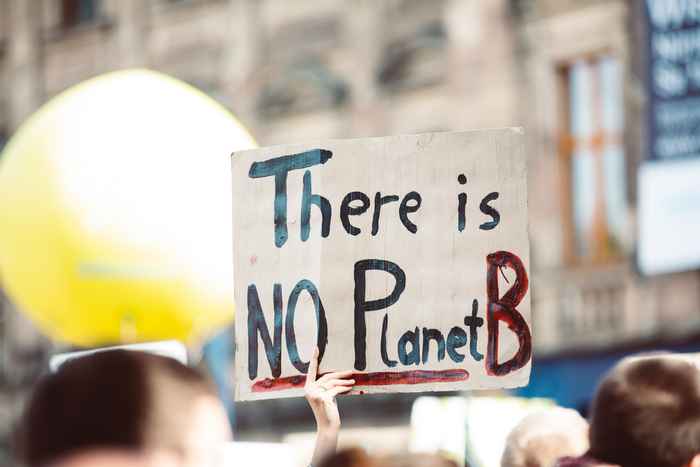The role of citizen participation in addressing the climate crisis
The research project of Irthe de Jong (Amsterdam Law School)
11 May 2023

The climate crisis is one of the biggest threats to our planet, and the need for efficient and effective climate action is urgent. However, many democracies have failed to set the necessary carbon reduction and biodiversity-protecting targets and to implement policies to meet those targets. This raises the question if we need some kind of governance shortcut to take critical climate action. ''The effects of the climate crisis are disproportional: especially marginalized communities that have the least responsibility for the climate crisis, are impacted to most,'' says Irthe de Jong. ''Solving the climate crisis entails significant redistribution questions, that are inherently political. That makes it more important than ever that climate policies are made in an inclusive way.''
Interdisciplinary approach to climate decision-making
Irthe's research not only focuses on legal mechanisms for citizen participation but also draws on political theory to understand the role of citizen participation in different models of democracy. Moreover, at a later stage she will use sociological methods for the empirical part of her research by conducting case studies of direct citizen participation mechanisms used in the context of climate change. Irthe emphasizes that interdisciplinarity is crucial for sustainability research, and that the solutions to the complex set of problems that is the climate crisis cannot be found in one discipline alone. ''If I had all the resources available, I would like to extend the empirical case studies and dive deeper into political philosophy on democracy.'' She adds that involving disciplines she has no experience with would also be interesting, like linguistics or anthropology.
Ultimately, I hope that the outcome of the research is forward-looking, and provides us with some idea of what a climate-just democracy, that can deal with environmental issues in a just and inclusive way, looks like.

The added value of the UvA Sustainability Platform (USP)
According to Irthe a community like USP is very beneficial for the quality of research relating to sustainability. "Connecting to researchers from a variety of disciplines and seeing their research is a great opportunity to learn from others and broaden your perspective." She emphasizes that interdisciplinary collaboration is especially important for sustainability research, as the climate crisis requires solutions that cannot be found in one discipline alone. "As a PhD candidate, I am still developing my research outlook, so having the opportunity to see different ways of approaching research, and even learning entirely new research skills, is great. I would love to learn from others how they approach sustainability and how they tackle such grand societal problems in their research.''
Irthe's perspective on sustainability
''Going back to the literal meaning of sustainability, sustainability to me does not just refer to practices that respect the planetary boundaries, but that also are sustainable in a social sense: accessible and workable in the long term, regardless of income or background. You can do your uttermost best as an individual to live as eco-friendly as possible, but you can only operate within the system that you live in. Sustainability should not be something that is only accessible to some. That is why government action that makes sustainable living accessible for everyone so important.''